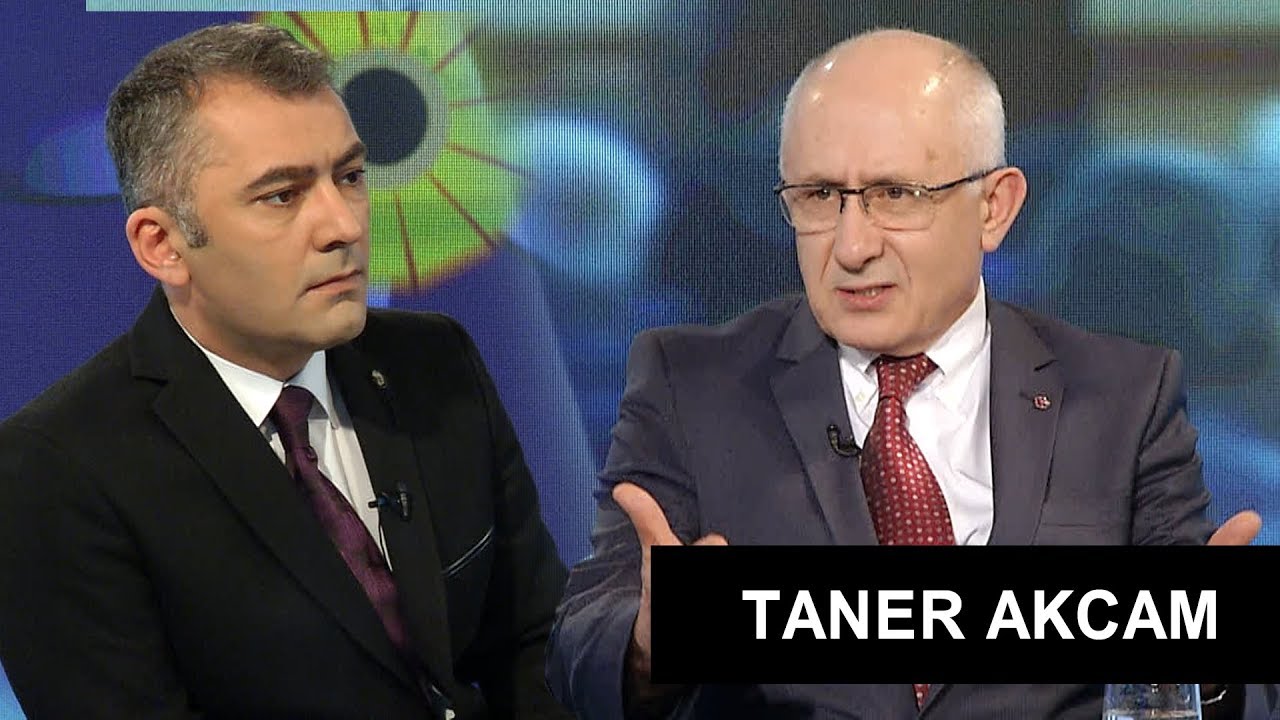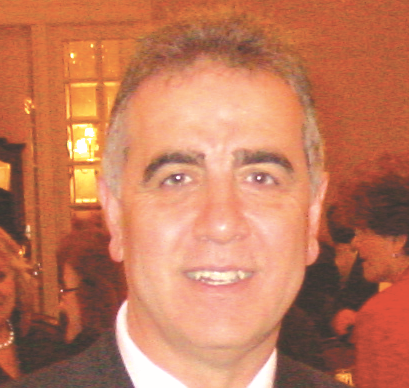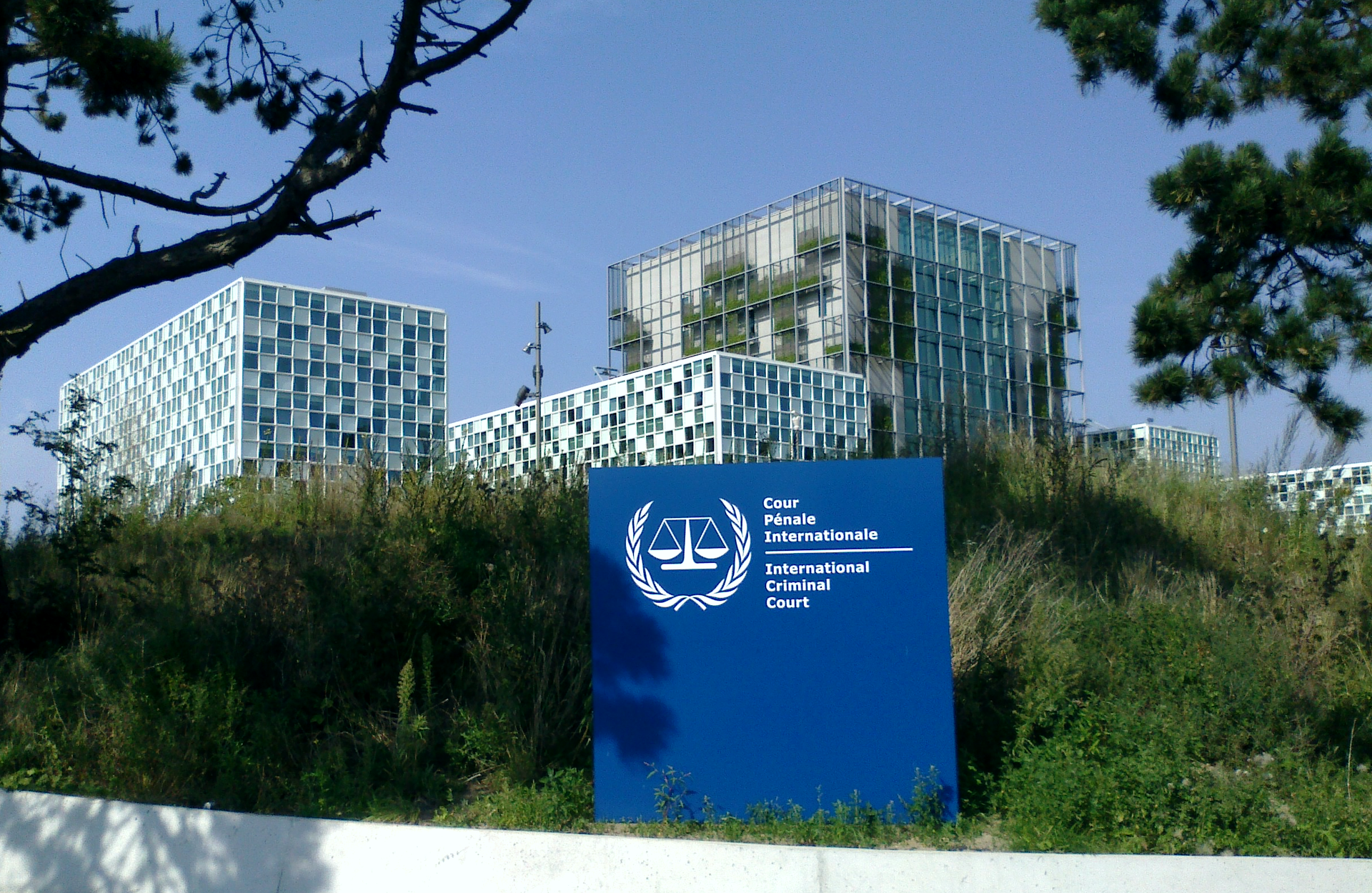The UK-based Legatum Institute published its comprehensive 2023 Prosperity Index for 167 countries, including Armenia, Azerbaijan and Turkey. The index covers 12 separate spheres or ‘pillars’ which are composed of 67 sub-sections.
The Institute defined prosperity as people having “the opportunity to thrive by fulfilling their unique potential and playing their part in strengthening their communities and nations. Ultimately, prosperity is not just about what we have; it is also about who we become. Prosperity is underpinned by an inclusive society, with a strong social contract that protects the fundamental liberties and security of every individual.”
Overall, Armenia is ranked in the Prosperity Index much higher than Azerbaijan and Turkey. Armenia is 61st place in 2023, slightly down from 59th in 2022, but considerably up from 76th in 2013. Meanwhile, Azerbaijan is ranked much lower at 92nd in 2023, the same as in 2012 — somewhat higher than 104th in 2013. Turkey is ranked even lower at 95th in 2023, the same as in 2012 — substantially down from 68th in 2013.
The Legatum Institute described Azerbaijan as “the least prosperous country in the region,” despite its vast income from billions of petrodollars.” This means that the country’s wealth is not trickling down to the population.
Here is how Legatum Institute described Turkey’s dismal Prosperity Index. “Turkey has seen its governance deteriorate significantly over the last 10 years, falling 60 places to 128th, with political accountability deteriorating at the greatest rate globally. Constitutional reforms in 2017 concentrated more power in the hands of the executive, removing key checks and balances. Personal Freedom has also deteriorated at the second greatest rate globally, with the government consistently suppressing dissent…. The current government has ruled Turkey since 2002. As noted by Freedom House, after initially passing some liberalizing reforms, the government has pursued a wide-ranging crackdown on critics and opponents since 2016. For example, Amnesty International points out that hundreds of people, including journalists, social media users and protesters, have been detained in Turkey in 2019 due to their criticism of Turkey’s military offensive in Syria.”
Here are the rankings of Armenia, Azerbaijan and Turkey on each of the 12 pillars of the Legatum Institute’s Prosperity Index:
1) “The Safety and Security pillar (War & Civil Conflict, Terrorism, Politically Related Terror & Violence, Violent Crime, and Property Crime) measures the degree to which war, conflict, and crime have destabilized the security of individuals, both immediately and through longer-lasting effects”: Armenia (75th), Azerbaijan (111th), and Turkey (147th).
2) “The Personal Freedom pillar (Agency, Freedom of Assembly & Association, Freedom of Speech & Access to Information, and Absence of Legal Discrimination) measures progress towards basic legal rights, and individual liberties”: Armenia (70th), Azerbaijan (144th), and Turkey (152nd).
3) “The Governance pillar (Executive Constraints, Political Accountability, Rule of Law, Government Integrity, Government Effectiveness, Regulatory Quality, and Institutional Trust) measures the extent to which there are checks and restraints on power and whether governments operate effectively and without corruption”: Armenia (64th), Azerbaijan (113th), and Turkey (128th).
4) “The Social Capital pillar (Personal & Family Relationships, Social Networks, Interpersonal Trust, Social Tolerance, and Civic & Social Participation) measures the strength of personal and social relationships, social norms, civic participation in a country, and social tolerance”: Armenia (125th), Azerbaijan (132nd), and Turkey (137th).
5) “The Investment Environment pillar (Property Rights, Investor Protection, Contract Enforcement, Financing Ecosystem, and Restrictions on International Investment) measures the extent to which investments are adequately protected and are readily accessible”: Armenia (75th), Azerbaijan (54th), and Turkey (68th).
6) “The Enterprise Conditions pillar (Domestic Market Contestability, Environment for Business Creation, Burden of Regulation, Labor Market Flexibility, and Price Distortions) measures the degree to which regulations enable businesses to start, compete, and expand”: Armenia (44th), Azerbaijan (47th), and Turkey (65th).
7) “The Infrastructure and Market Access pillar (Communication, Energy, Water, Transport, Border Administration, Open Market Scale, Import Tariff Barriers, and Market Distortions) measures the quality of the infrastructure that enables trade and distortions in the market for goods and services”: Armenia (71st), Azerbaijan (72nd), and Turkey (50th).
8) “The Economic Quality pillar (Fiscal Sustainability, Macroeconomic Stability, Productivity & Competitiveness, Dynamism, and Labor Force Engagement) measures how well an economy is equipped to generate wealth sustainably and with the full engagement of the workforce”: Armenia (83rd), Azerbaijan (65th), and Turkey (71st).
9) “The Living Conditions pillar (Material Resources, Nutrition, Basic Services, Shelter, Connectedness, and Protection from Harm) measures the degree to which a reasonable quality of life is experienced by all, including material resources, shelter, basic services, and connectivity”: Armenia (76th), Azerbaijan (65th), and Turkey (59th).
10) “The Health pillar (Behavioral Risk Factors, Preventative Interventions, Care Systems, Mental Health, Physical Health, and Longevity) measures the extent to which people are healthy and have access to the necessary services to maintain good health, including health outcomes, health systems, illness and risk factors, and mortality rates”: Armenia (68th), Azerbaijan (85th), and Turkey (63rd).
11) “The Education pillar (Adult Skills, Tertiary Education, Secondary Education, Primary Education, and Pre-primary Education) measures enrolment, outcomes, and quality across four stages of education as well as the skills in the adult population”: Armenia (59th), Azerbaijan (79th), and Turkey (74th).
12) “The Natural Environment pillar (Preservation Efforts, Oceans, Freshwater, Forest, Land and Soil, Exposure to Air Pollution, and Emissions) measures the aspects of the physical environment that have a direct effect on people in their daily lives and changes that might impact the prosperity of future generations”: Armenia (99th), Azerbaijan (149th), and Turkey (86th).
In addition to Armenia’s better ranking than Azerbaijan and Turkey in the overall Prosperity Index, Armenia exceeds its two neighboring countries in six categories. It is worse than both of them only in three categories, but better than Azerbaijan and worse than Turkey in three other categories.




